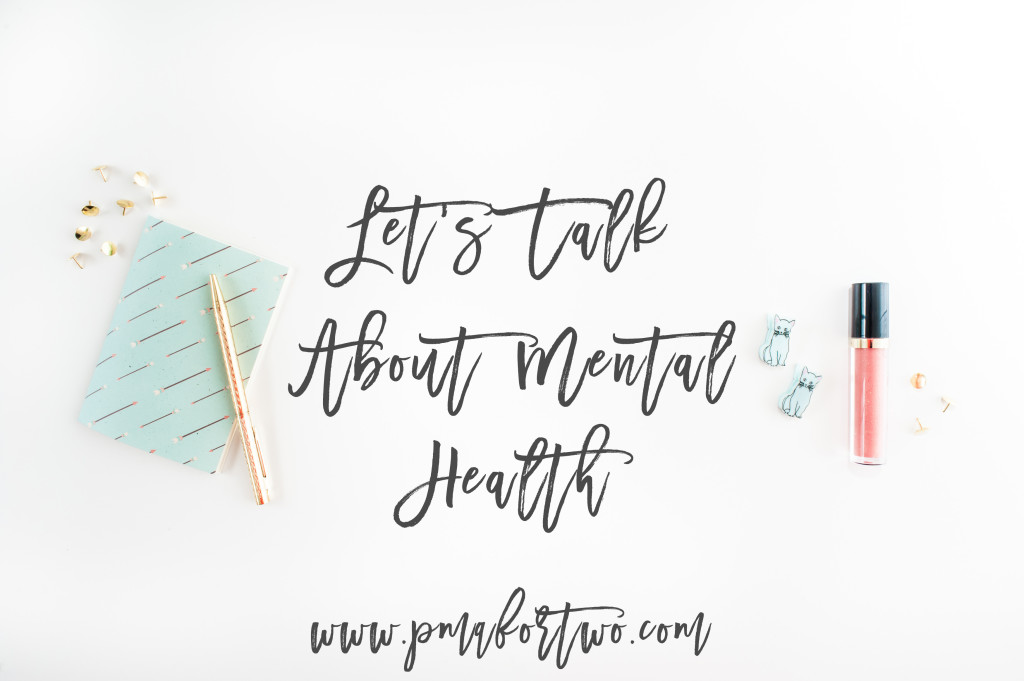Today is Bell’s Let’s Talk day. Although I don’t need to wait until today to talk about this, I thought I’d capitalize on the momentum and post today. So, let’s talk about mental health.

This post has been incredibly difficult to write. Not because I don’t want to, but because I’m having trouble finding the words and the right way to express what I want to say. What I hope is that in writing this post – and in you reading it – we’re doing our part to help break down the stigma surrounding mental health.
Mental health has played an important role in my life over the past couple of months. As DH and I continue to deal with the loss of our friend, we’ve slowly become more accustomed to talking about it and learning how to discuss what happened without getting wrapped-up in the details, instead going for a bigger picture approach and looking ahead.
Up until the day our friend passed – and even for months after – I didn’t see him as battling mental health issues. I still don’t really, but that has less to do with my understanding of mental health, and more to do with the fact that I couldn’t reconcile the man in front of me with all the signs that would have suggested something darker was brewing.
Not because I didn’t want to, but because he didn’t want us to see them.
You know what? Our friend was in the middle of a shitty situation. Yup, a really shitty situation. To him it was all encompassing and he let it define him. In the end, he chose a very permanent solution to what would have been temporary issues. Hindsight is 20/20 right?
Hindsight is 20/20 when you’re not battling the demons. Hindsight is 20/20 when you’re not effected by chemical and hormonal imbalances in your brain. Hindsight is 20/20 when you have systems to support you, carry you through and help you. Our friend will never have the benefit of hindsight, and that makes me really sad.
Most of his issues could have been resolved, and a lot of them should have been addressed by the systems that are in place to identify and prevent outcomes like his. He sought help, we did our best to provide it and get him to the support he needed. In the end things didn’t go as they should have.
I’m not in it to wag my finger or seek to place blame. Back to the original point of this post: discussing mental health to help end the stigma surrounding it.
Did you know one in five Canadians will experience a form of mental illness in their life?
With numbers like that it’s likely that someone you know has or is suffering from mental illness.
Bell has helped create a list of 5 ways you can help end the stigma surrounding mental health:
–Treat everyone with respect.
– Be warm, caring and non-judgmental.
– Challenge stigma when you see it.
– Watch your language.
– Learn the facts about mental health and mental illness.
– Help raise awareness about mental health.
If you or a person you know needs help, here are some resources they can use:
The Kids Help Phone 1-800-668-6868
For resources based on your location, the Canadian Association for Suicide Prevention has resources divided by province.
If you are a Canadian military family member, you can call the info line at 1-800-866-4546
If you’re a member of the Canadian Armed Forces call 1-800-268-7708 for 24/7 365 support.
For more information on support and services available to members of the Canadian Armed Forces click here.
The Canadian Association of Mental Health also has information of different mental health illness and resources for support.
